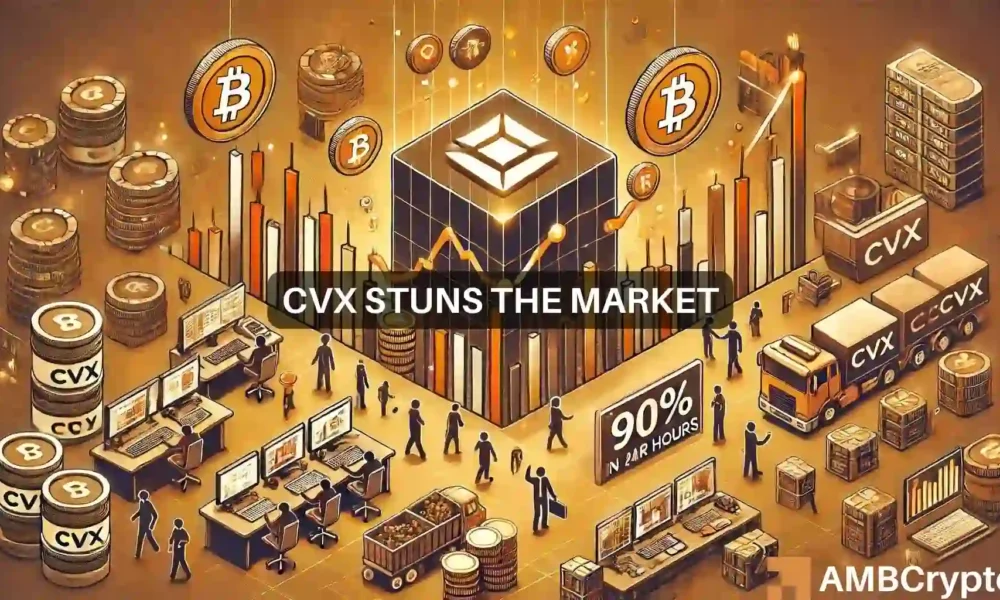Stay informed with free updates
Simply sign up to the War in Ukraine myFT Digest — delivered directly to your inbox.
Ukraine does not deserve to start EU accession talks or receive financial support from the bloc’s shared budget, Hungary’s prime minister has said at the start of a crunch EU leaders’ summit in Brussels.
Viktor Orbán is the principal barrier to a deal on a four-year €50bn financial aid package for Kyiv to keep its war-torn economy afloat and the opening of formal talks for the country to join the EU, the bloc’s primary geopolitical goal once Russia’s war ends.
The EU’s ability to continue supporting Ukraine has become critical given the US Congress’s failure to agree on a $60bn package for Kyiv proposed by the White House.
Orbán has previously delayed the adoption of EU sanctions against Moscow and secured carve-outs for his country’s fossil fuel imports from Russia. On Thursday, he dismissed the conclusions of a European Commission report recommending leaders to open accession negotiations with Ukraine, and refused to approve funding for Kyiv from the bloc’s common budget.
“There is no reason to discuss anything [on accession talks] because the preconditions are not met,” Orban told reporters as he arrived at the summit on Thursday. On financial aid, he said: “In the long term, and the bigger sum of money, my decision is we should give it outside [the budget].”
EU officials have started technical discussions on an alternative solution, outside the common budget, but have publicly stressed that their sole objective is to convince Orbán to drop his veto. An off-budget instrument would last only one year, be more expensive and take longer to set up, officials say.
Leaders of the other 26 EU countries said they were prepared for a long summit if needed, in order to overcome Orbán’s opposition.
“I’m ready to negotiate. I have packed many shirts [if] it takes us long,” said Finland’s Prime Minister Petteri Orpo as he arrived at the summit, which was originally scheduled to last two days. Supporting Ukraine was about “our security and our existence as a credible union. We need strong resistance here. We have to show our unity,” he added.
In a video address to EU leaders, Zelenskyy said that the bloc had given Ukraine a “clear schedule” for accession and that delaying the decision would be a “victory” for Russian President Vladimir Putin.
“Last year, Ukraine received clear recommendations on how to move forward. We have passed the key laws . . . Today is a day for a political decision in response to what we’ve accomplished,” he said.
Putin on Thursday vowed to continue his invasion of Ukraine until his “goals are achieved” and expressed confidence that the west’s support for Kyiv would falter.
“Ukraine produces almost nothing today, everything is coming from the west, but the free stuff is going to run out some day, and it seems it already is,” Putin said.
Orbán was the only EU leader to meet Putin this year. But in addition to his overtures towards the Russian president, the Hungarian PM is using leverage over Ukraine to secure more funding for his country from Brussels.
On Wednesday, the European Commission unblocked €10bn or about a third of the funding for Hungary that had been frozen due to rule of law issues — and one of Orbán’s officials this week suggested that was insufficient for the PM to drop his veto.
“I always have some difficulty with such a [summit] where one person thinks we can offer all kinds of things,” said Dutch Prime Minister Mark Rutte.
Aside from the Ukraine discussions, the EU’s leaders are braced for long negotiations over increasing the size of the bloc’s budget, whether to start membership talks with Moldova and Bosnia and grant candidate status to Georgia, as well as a joint stance on the Israel-Hamas conflict.
Irish Prime Minister Leo Varadkar said he would push for stronger language calling for a ceasefire in Gaza and backing a two-states solution. “I think the European Union has lost credibility because of our inability to take a stronger and more united position on Israel and Palestine,” he added.
Austria has also emerged as a potential block on Ukraine’s EU aspirations, requesting that Brussels does not fast-track Ukrainian membership negotiations at the expense of the six western Balkan states, in particular Bosnia, which the commission has said has not made as much progress as Ukraine.
“They are having second thoughts” about opening talks despite agreeing to give Ukraine candidate status last year, said a senior EU diplomat. The person also noted that some countries including Italy wanted to tie money for Ukraine to an EU budget increase in areas such as migration.
Additional reporting by Max Seddon in London

Emily Foster is a globe-trotting journalist based in the UK. Her articles offer readers a global perspective on international events, exploring complex geopolitical issues and providing a nuanced view of the world’s most pressing challenges.








